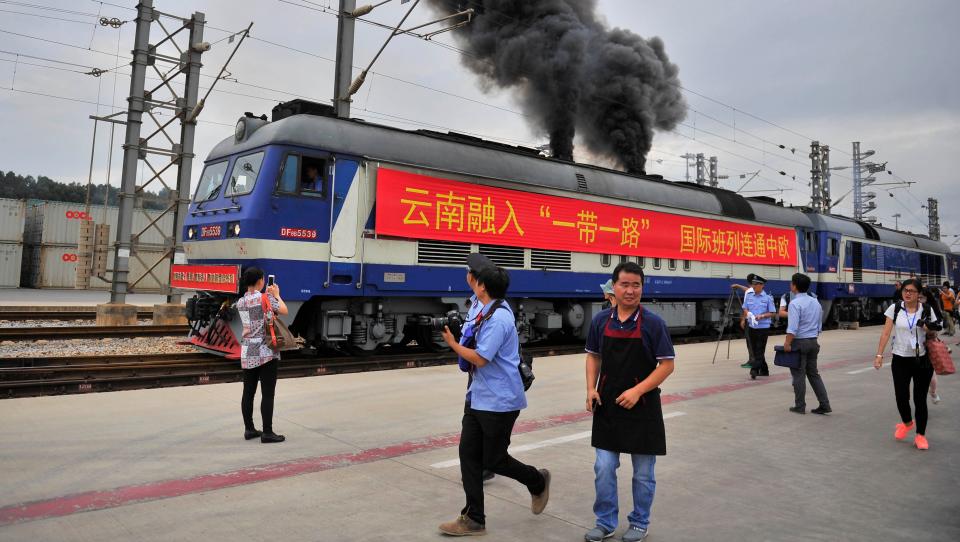Contrary to the received wisdom of many Chinese and European observers, the EU is rising from the ashes of multiple crises by becoming more integrated. In addition, recent ups and downs in Sino-EU relations have proven that a less confident EU in fact hurts China’s interests.
Zhao Ke, director of the international investment office of the Institute of World Economics and Politics, Chinese Academy of Social Sciences, made these observations in a June 6 article for Party School of the CPC Central Committee publication Study Times.
While crises since 2009 have undermined the confidence of Europe's elites, the bloc has "turned its collective eyes" to "gaze across the Atlantic once more," said Zhao. Strong interest in consolidating Europe's trade ties with the US and Japan to seek protection for a suddenly vulnerable Western world facing multiple unprecedented challenges. At the same time, the European Parliament recently voted against granting full market economy status to China, the bloc's second largest trading partner. "An EU losing confidence, economically less open and strategically more tilted towards the US is the last thing China wants," Zhao said. He was, however, also at pains to stress that a weakened, ineffective EU would also be bad news for Chinese President Xi Jinping's One Belt, One Road trade initiative.
The China-EU honeymoon, Zhao recalled, occurred in the first decade of the 21st century when the EU aspired to reshape the world order in the wake of the apparent success of the single currency and against a backdrop of growing soft power, multilateralism, humanitarianism and sheer economic size, which appeared to make the EU a viable alternative "superpower" to rival US hegemony.
Despite the EU’s problems in recent years, Zhao noted progress on further monetary and fiscal reform policies, a more flexible labor market and a united voice on the Ukraine crisis. Like numerous previous flashpoints, the current immigration crisis, Zhao believes, will compel the EU to further reform itself.

 Old Version
Old Version